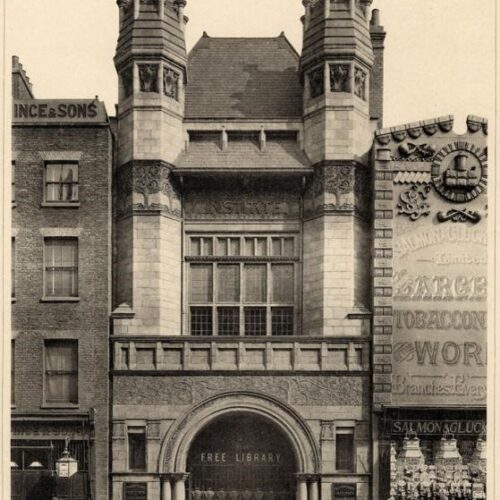

Bishopsgate Institute was built ‘for the benefit of the public’ in 1894, intended to provide opportunities for education and recreation among London’s working class. Today, the Institute holds over 150,000 books, and a world-renowned archival collection on radical and reformist subjects. Its diverse freethought and humanism collection contains the archive of the British Humanist Association (now Humanists UK), as well as the papers of individuals including George Jacob Holyoake and Diane Munday.
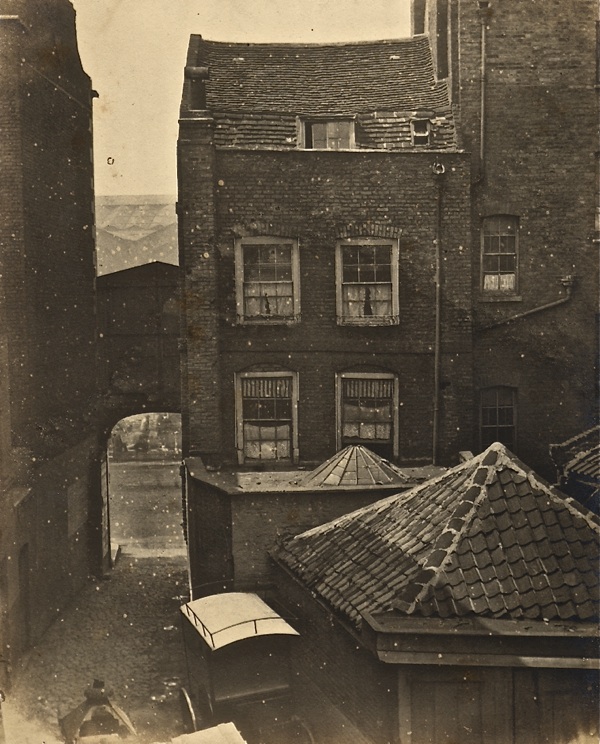
Bishopsgate Institute was founded by Reverend William Rogers of St Botolph’s Church, who sought to address the poverty he saw in the Bishopsgate area of London, and to provide members of the working class with access to literature and learning. Through the efforts of Rogers to divert funds, the Institute was financed by the parish’s charitable endowments, and opened its doors to the public on New Year’s Day 1895. A ‘university of the people’, the building contained a newsroom, library, and reading rooms, as well as a grand hall for hosting lectures, exhibitions, and entertainment.
The building’s architect was Charles Harrison Townsend, who won an anonymous competition to design the Institute in the early 1890s, submitting his plans under the pseudonym ‘Arts and Letters’. Similarly to another home of humanist archives, Conway Hall (a distinctive L-shape), the chosen site on Bishopsgate was unusual and challenging: surrounded on all sides by existing buildings. Nevertheless, Townsend created a bold design, with influences from the Arts and Crafts, and Art Nouveau movements. Following completion of the Bishopsgate commission, Townsend undertook the Whitechapel Gallery in Aldgate, and the Horniman Museum in Forest Hill.
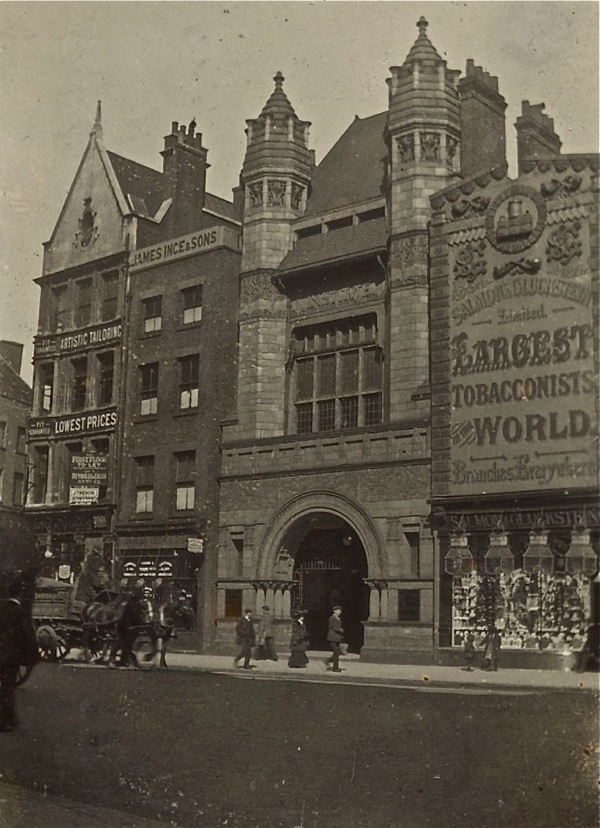
Bishopsgate’s first Librarian, Ronald Heaton, was appointed in 1894, but struggled with the hectic setting and inexperienced staff, which left him little time for the personal study he had intended. Heaton tendered his resignation in 1897, and was replaced by Charles William Frederick Goss, who would run the library for the next four decades.
Goss was the self-educated son of a plasterer, born in Denmark Hill in 1864. With experience running libraries in Newcastle upon Tyne and the London borough of Lewisham, Goss was confident and self-assured. His own background enhanced his commitment to the principles of access and education underpinning the Institute and its library, and informed his collecting policies. As well as building on the London Collections started by his predecessor, Goss was devoted to preserving evidence of those who had fought to make Victorian society fairer and more representative. He surreptitiously amassed materials covering trade unionism and the labour movement, downplaying their precise nature to avoid the scepticism of the governing body. This tradition continues at Bishopsgate today, whose special collections and focus on radical subjects are world-renowned.
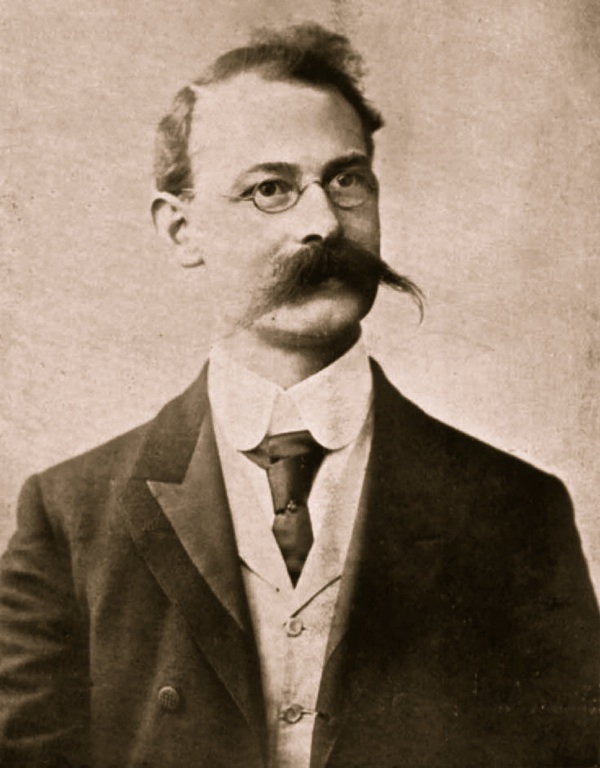
While at the Bishopsgate Institute, Goss also compiled A Descriptive Bibliography of the Writings of George Jacob Holyoake, with a Brief Sketch of His Life, published in 1908. As Holyoake’s daughter, Emilie, wrote in her preface to the book:
This Bibliography would not have been compiled save for the perseverance of Mr. G. W. F. Goss, who undertook the work on his own initiative, and continued it persistently for two years. He has introduced a new feature which considerably adds to its interest, by appending notes on the subject of each work, or interesting circumstances connected with its publication. This entailed reading over 400 books, pamphlets and magazine articles, which substantially increased his work.
Goss retired as Librarian of the Institute in 1941 and died in 1946.
As an inclusive and vibrant location for events and activities of all kinds, the Institute continues to promote knowledge, debate, learning, and enquiry. Today, the Bishopsgate Institute holds the archive of the British Humanist Association (now Humanists UK), covering the history of the organisation from its very beginnings in the late 19th century. Other collections of significance to humanist history include those of the Rationalist Association, the Ethical Church, Diane Munday, James Hemming, Charles Bradlaugh, the Rationalist Peace Society, Harry Stopes-Roe, and materials about Thomas Paine collected by Hypatia Bradlaugh-Bonner. The Institute’s other diverse collections, including on the subjects of protest and campaigning, labour and socialist history, the Cooperative movement, LGBTQ+, and feminist and women’s history, all contain materials of relevance and interest in areas of progressive reform and human possibility.
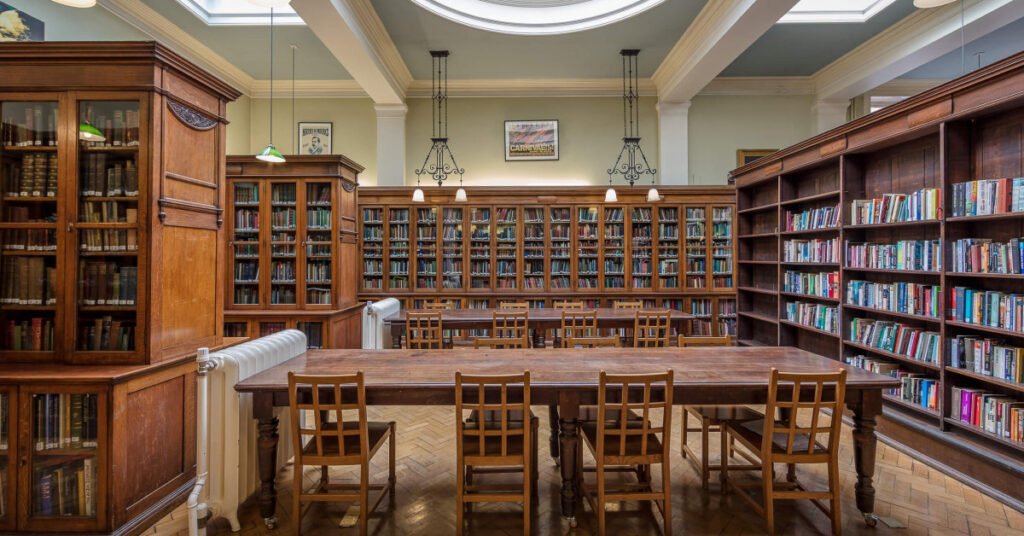
Nearby, the Sandy’s Row Synagogue occupies what was once Parliament Court Chapel, home to the dissenting congregation – led by Elhanan Winchester – which became South Place Ethical Society, now Conway Hall.
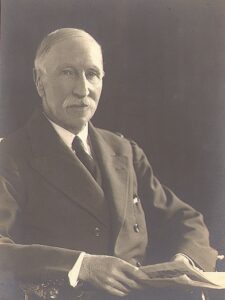
…for a long time, like the philosophers of old, I was trying to find indisputable foundations. How long it took […]
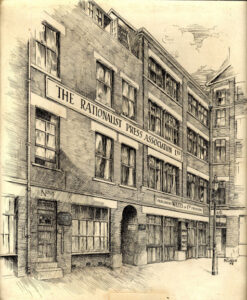
Rationalism is not a dogma but a method. It does not tell us what to believe but how to find […]
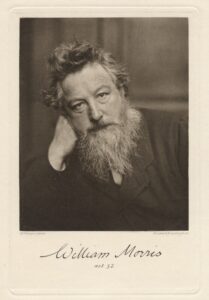
Fellowship is heaven, and lack of fellowship is hell. William Morris, A Dream of John Ball (1888) Painter, textile designer, artist, […]
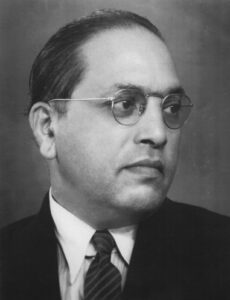
You must abolish your oppression yourselves. Do not depend for its abolition upon God or superman. Your salvation lies in […]